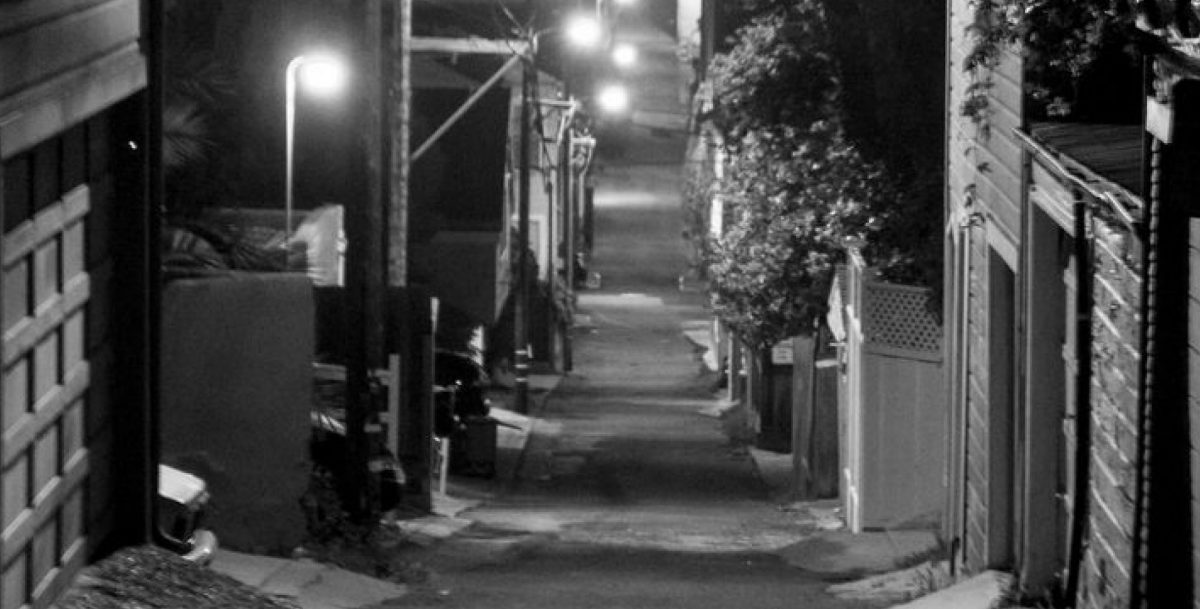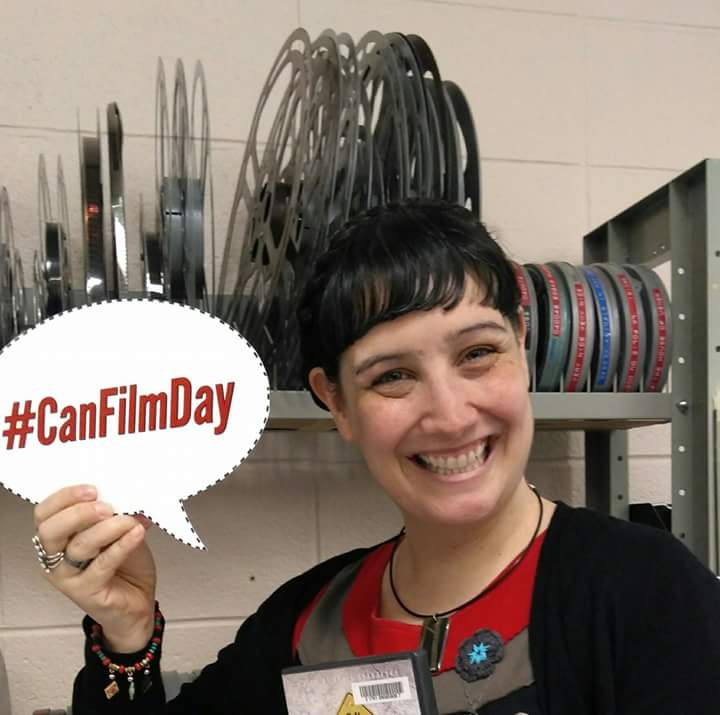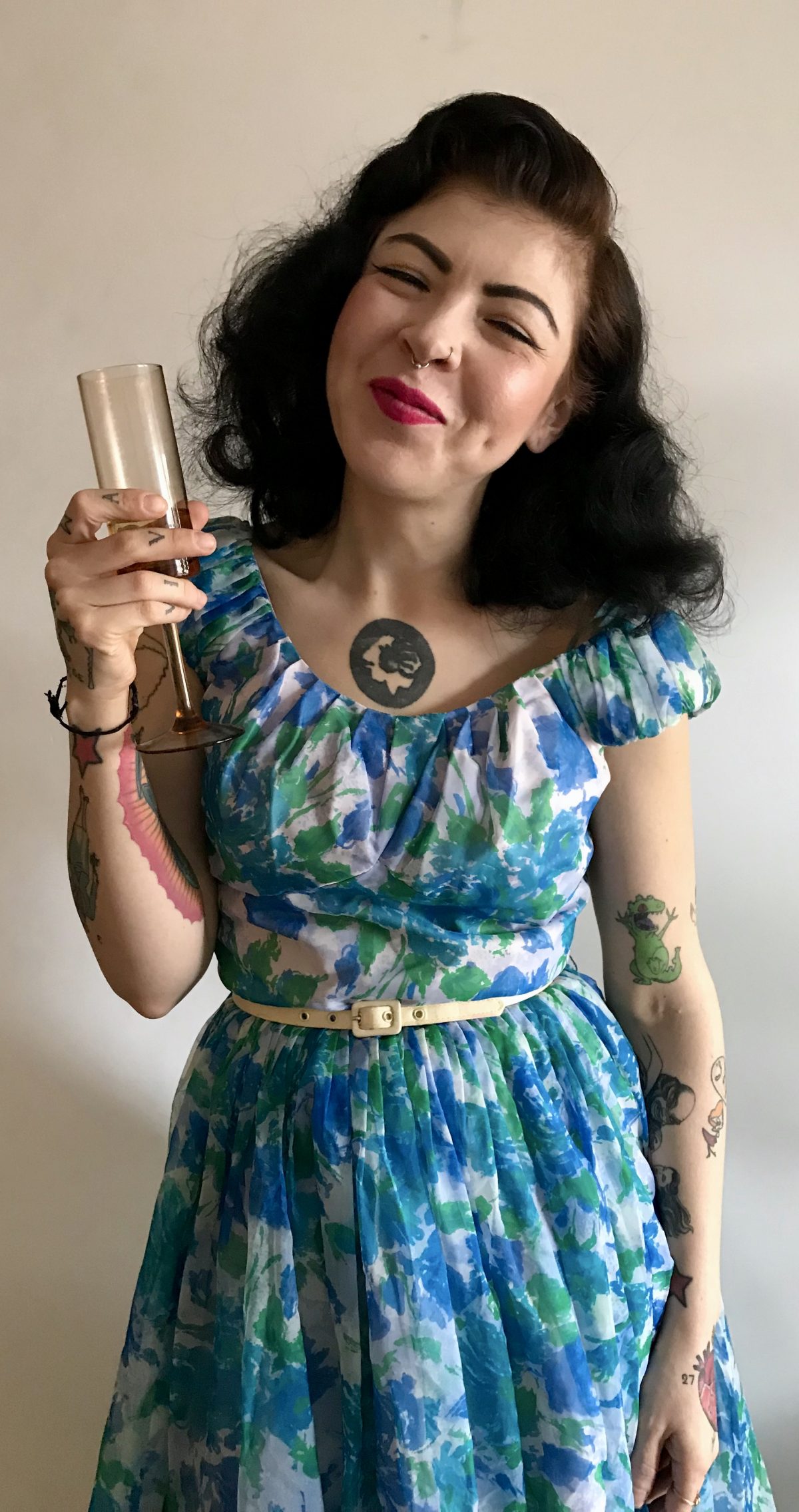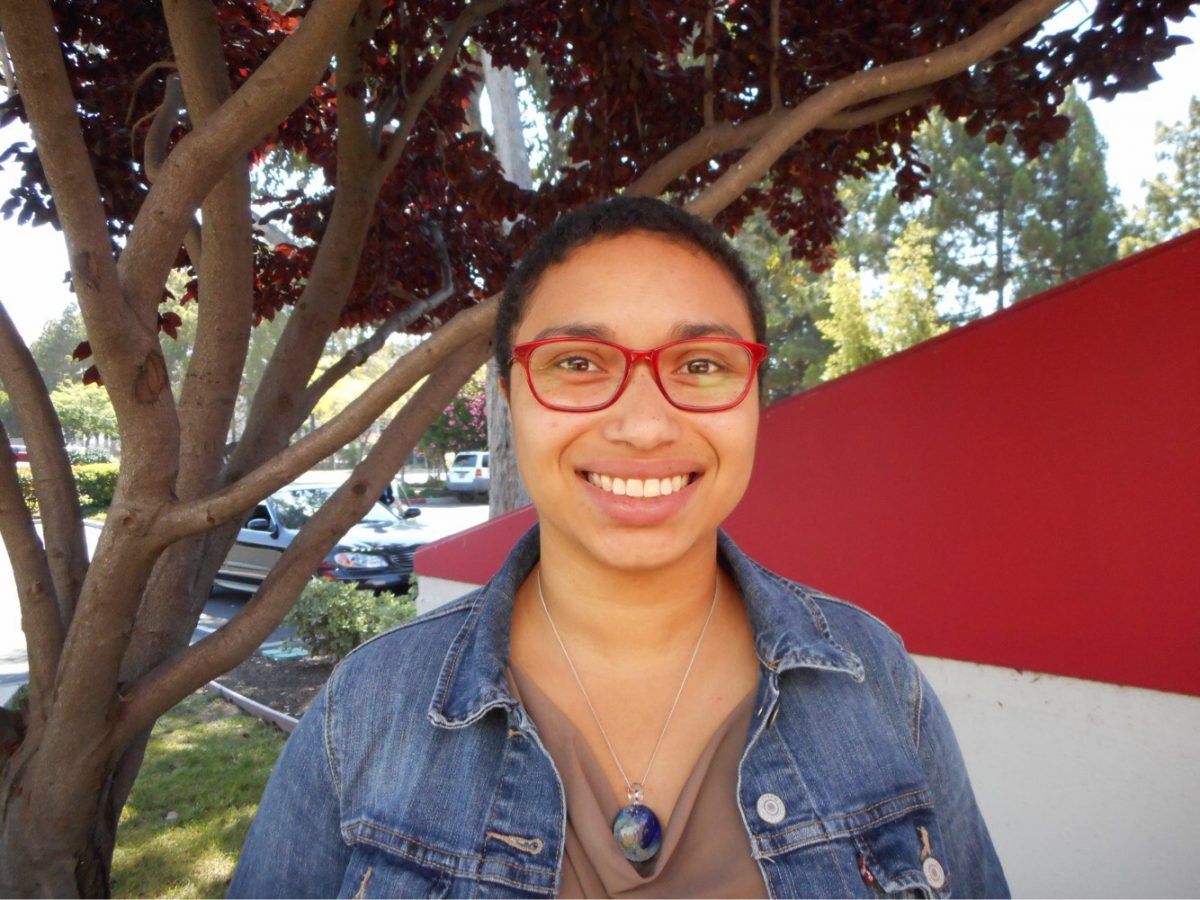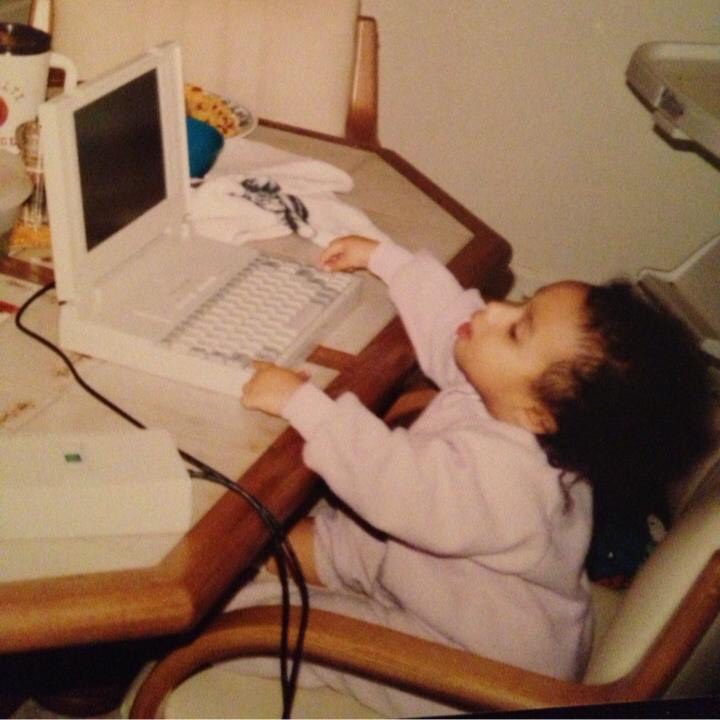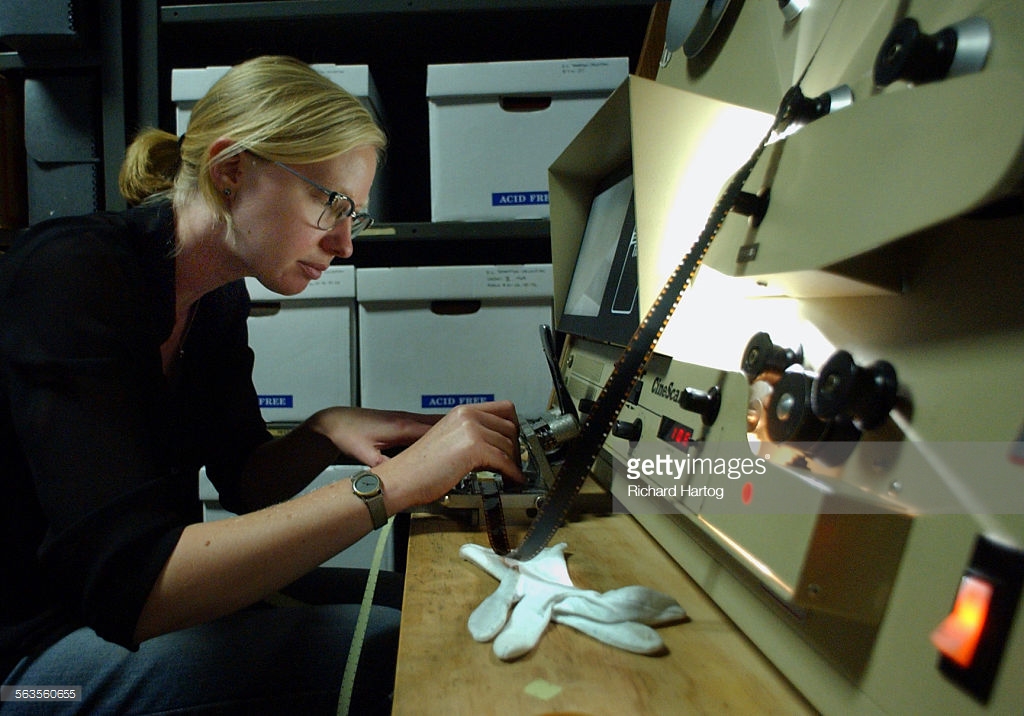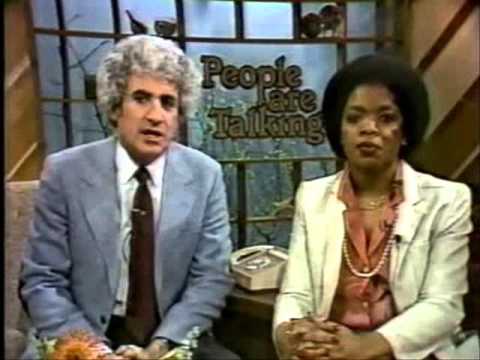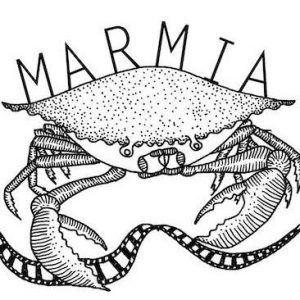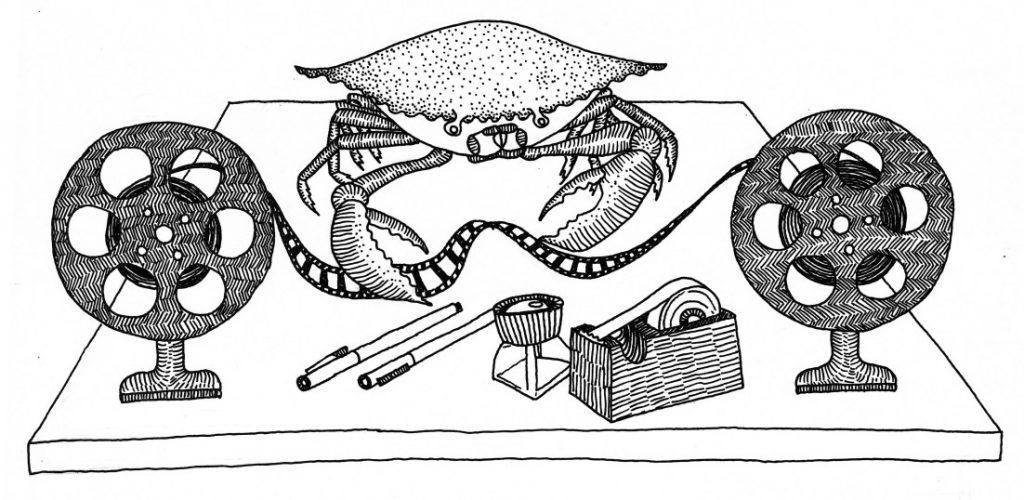My friend Rachel is the best.
From our first connection working together on the AMIA Diversity Committee (SO MANY CONFERENCE CALLS WHERE I HAD NO IDEA WHAT SHE LOOKED LIKE….JUST “CANADIAN”) to a constant teammate at the AMIA Trivia Night, Rachel has been and continues to be a treasure.
I look forward to pictures of her Oscar parties every year because the food names are always good (she and her friends name them after the year’s movies…including the shorts!).
She has a sitting apparatus in her home named Judy Bench. You just can’t get much cooler than that.
And yet…..You totally can.
Rachel is absolutely critical to this community of memory work, media appreciation and preservation. She and I are both GIANT fans of three things: social justice, archiving and film festivals/film exhibition. These make her both an amazing woman, a great archivist and a wonderful friend.
Within this episode, you will hear us chat about David Cronenberg, TIFF, AFI fest, Nollywood, White Privilege and the OMFG!!!!!!!!! work that she does with her colleagues at University of Toronto’s Media Commons Media Archives. And so. much. more. Please enjoy the episode and all the links and media that Rachel has so graciously provided!!!
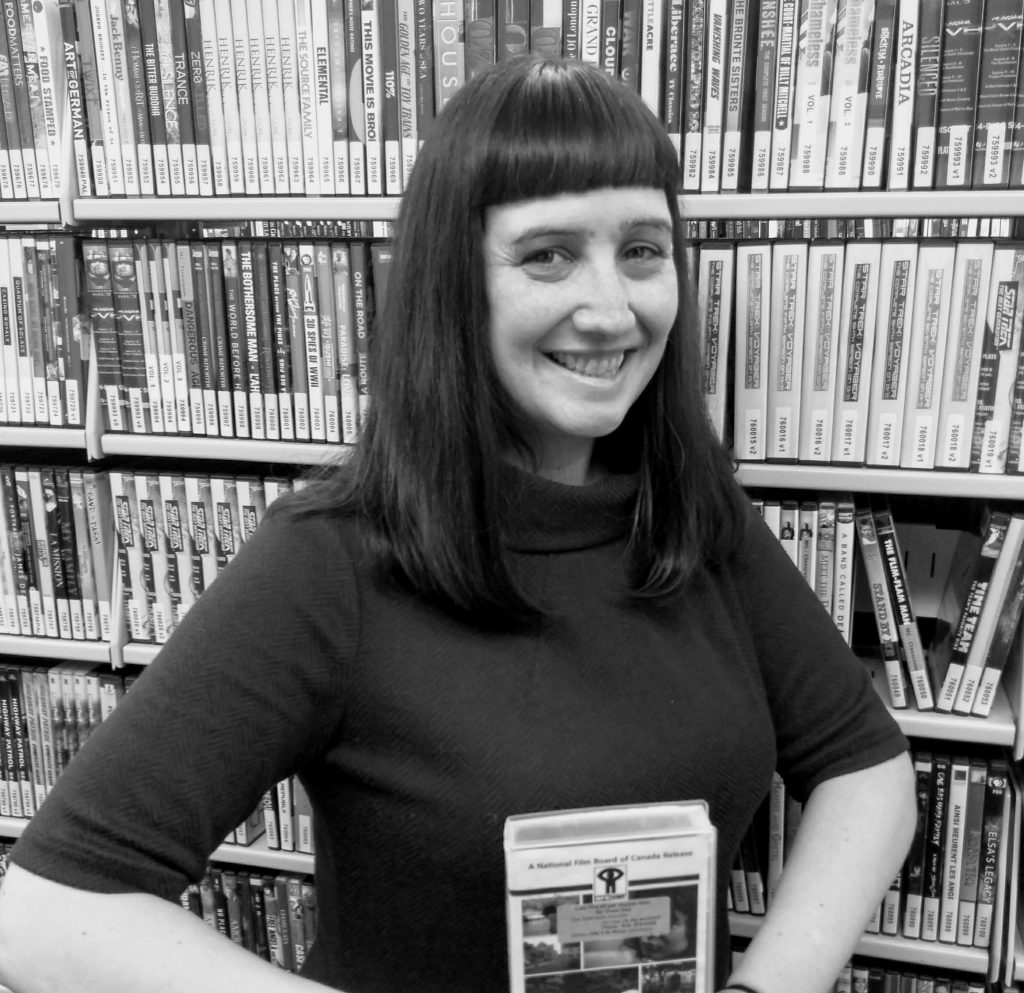
Rachel’s Bio:
Rachel E. Beattie is an assistant media archivist at University of Toronto’s Media Commons Media Archives. She is a white settler working on the traditional territories of the Mississauga of the New Credit First Nation, Anishnawbe, Haudenosaunee, Wendat, and Huron Indigenous Peoples and works to acknowledge all the privilege that entails. She is also the chair of the Sound and Moving Image Special Interest Section of the Association of Canadian Archivists and the chair of the Community Engagement Committee at the Canadian Lesbian and Gay Archives. She is equally passionate about film, archives, and social justice.
Media Commons – https://mediacommons.library.
Toronto International Film Festival (TIFF)- http://tiff.net
Film Reference Library (TIFF’s Library and Archives) – https://www.tiff.net/library/
Toronto’s year round documentary showcase and annual documentary film festival – Hot Docs – http://hotdocs.ca/
Barbara O’Leary’s Directed by Women project: http://directedbywomen.com/
the Patreon to support Directed by Women: https://www.patreon.com/barbaraannoleary
The trailer for Sweet Country, which TOTALLY rules & you all should check it out!!!
The trailer for the fabulous woman-directed film that Rai & I are obsessed with from Myanmar…
This movie is one that IS UNREAL. I must see this again & highly recommend. Rachel & I haven’t stopped talking about I AM NOT A WITCH since she saw it at TIFF & I saw it at AFI.
